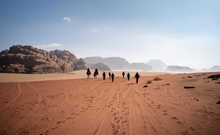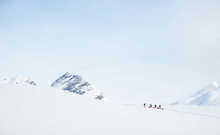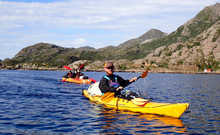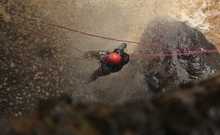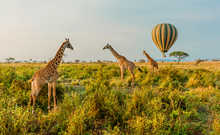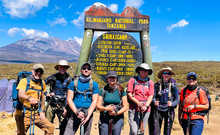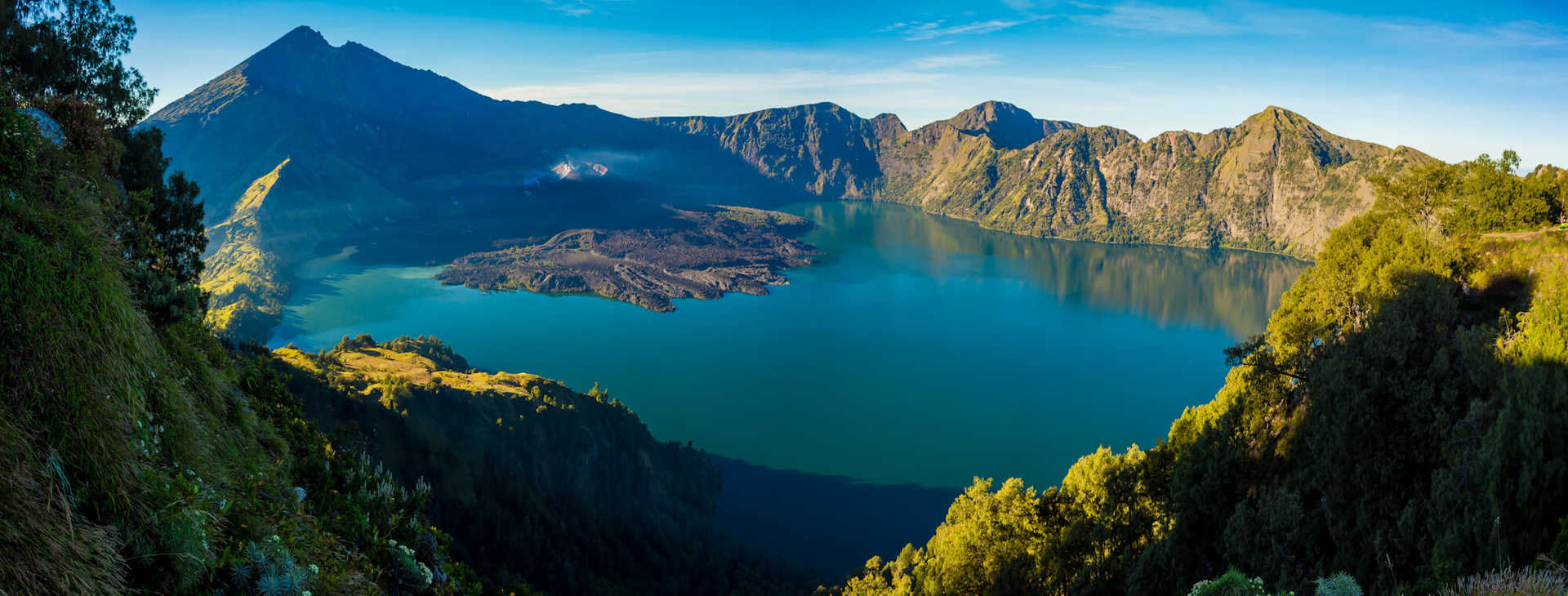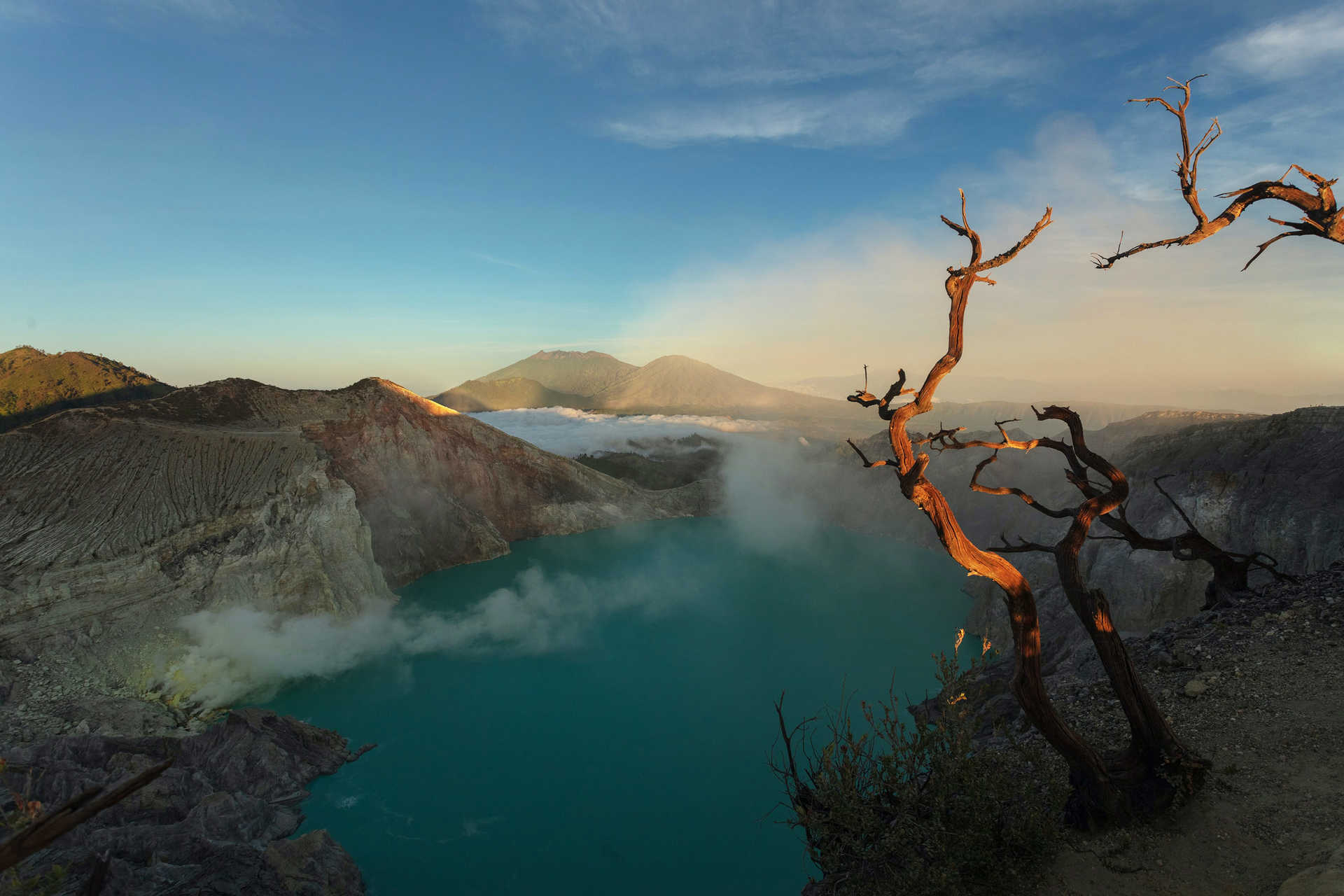Geography
Indonesia lies on the Pacific ring of fire and experiences
frequent earthquakes. A string of volcanoes runs through Sumatra, Java and
Bali. There are around 147 volcanoes in the country of which roughly 75 are
still active.
Despite its large population,
Indonesia has vast swathes of wilderness and some of the highest levels of
biodiversity on the planet. Many of Indonesia’s islands were once joined to mainland
Asia and others were once joined to Australia. This has resulted in flora and
fauna which is a mix of Asian and Australasian species. Around 70% of Indonesia
is covered in forests and the country is home to a staggering 1,794 bird
species. There are also numerous species of mammals including Komodo dragons,
Sumatran orangutan, javan rhinoceros, Sumatran tiger and pygmy tarsier.
